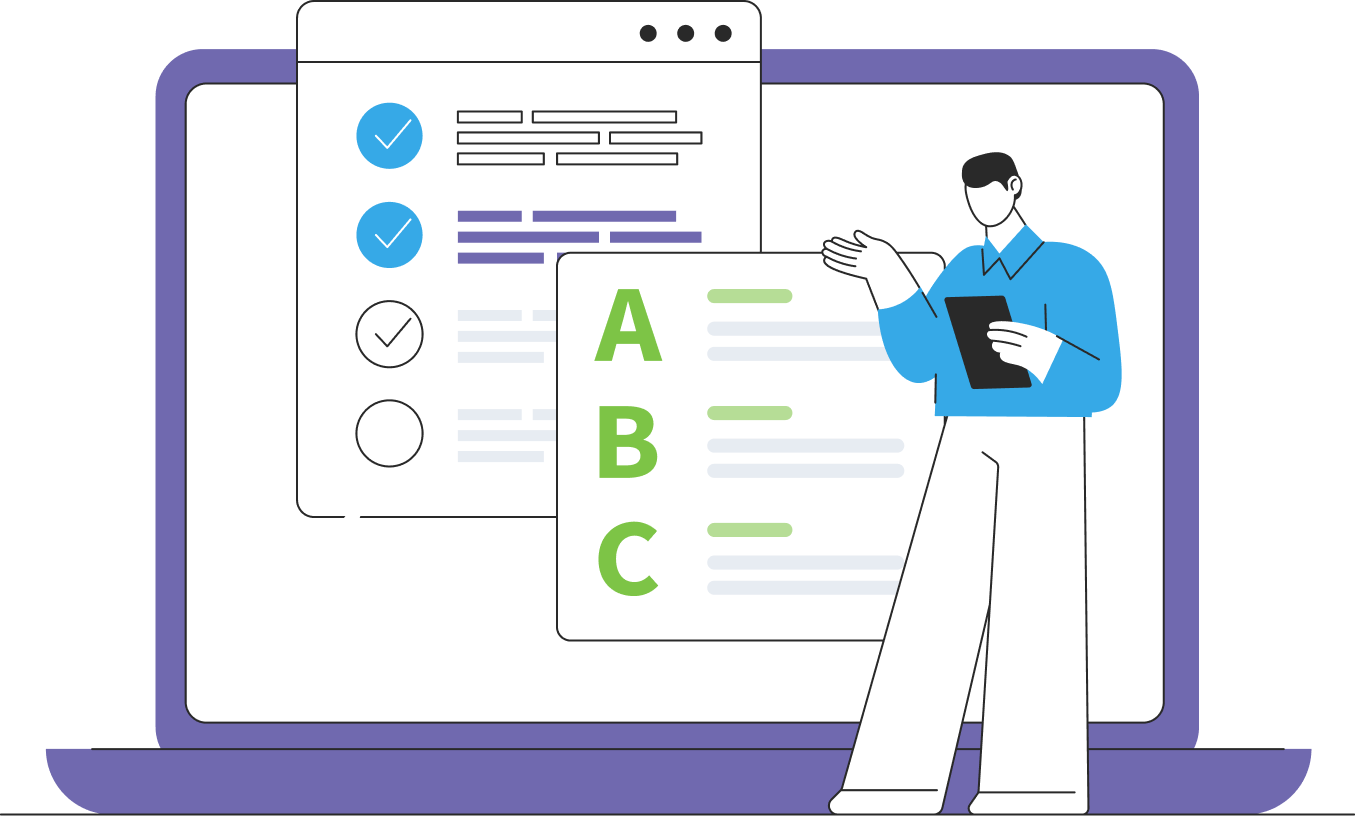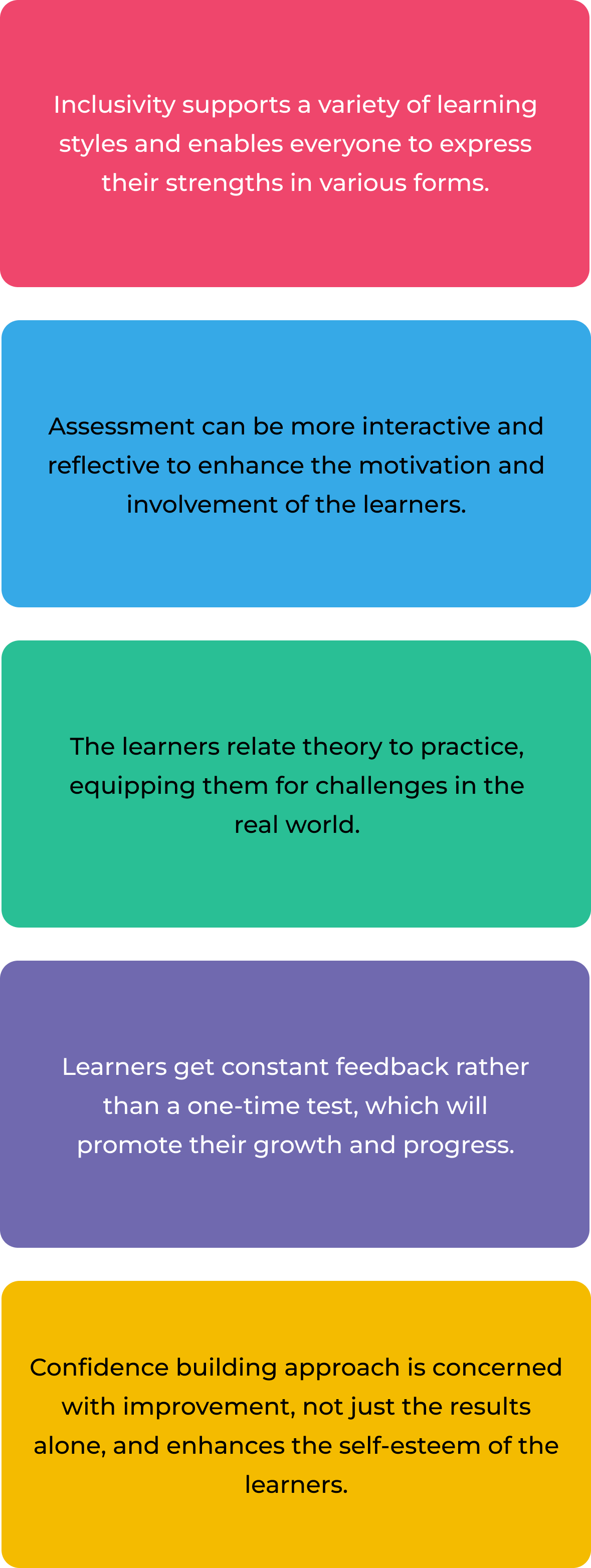What is Holistic Assessment?
Holistic assessment is an approach to assessing learners that involve the testing of the whole learning experience and not just personal skills or single tasks. Rather than just grading certain competencies, it examines how learners use knowledge, skills, and attitudes in practice. This approach acknowledges that successful learning is emotional, social, and practical in nature, not merely academic.
Holistic assessment is becoming increasingly appreciated in educational and vocational settings since it creates a more precise and valuable image of the abilities of a learner. It combines the conceptual knowledge and practical experience in such a way that the learners are likely to work efficiently in the practical situations.

Principles behind a Holistic Approach to Assessment
The principle of a holistic approach to the assessment process is based on the uniqueness of every learner and measuring true competence only on the basis of isolated tasks is not possible. It emphasises how learning outcomes should be integrated and how the learner will be able to transfer the learning outcomes to a broader context. This approach does not just appreciate what a learner knows but also the manner in which he or she thinks, interacts, and solves problems.
Whole-person evaluation motivates learners to show understanding through real-life projects, reflective journals and practical illustrations. It encourages teamwork, self-understanding, and critical judgement. This approach allows inclusive and individualised learning by considering the learner as a complete person, including their strengths, challenges, and various learning preferences.

How Holistic Assessment Differs from Traditional Assessment Methods
Conventional methods of assessment tend to be task-orientated and centred. For instance, a student may be checked only on a written test or an exam score. Although this gives tangible results, it does not show the complete development of the learner, creativity and problem-solving ability.
In contrast, holistic assessment considers more than one skill and competency. It is based on sustained appraisal by observation, peer review, portfolios, and reflective dialogue. For example, in Teaching Assistant Courses, students are taught to reflect theory on practical classroom scenarios, and this is important in evaluating their ability to communicate, to be flexible, and to work with teams, not only in theory.

Advantages of Holistic Assessment
The benefits of holistic evaluation go way beyond conventional grading. It allows both the learners and the educators to see the larger picture of performance and learning. Key benefits include:


Implementing Holistic Assessment in Practice
In order to adopt holistic assessment, teachers, instructors, and assessors ought to create exercises that incorporate a combination of theory, practice, and reflection. Rather than using only written tests or single performance activities, evaluation must entail observing the learners in real-life situations, where they are set to put their knowledge and skills into practice. This may be project-based work, classroom observations, reflective journals, or peer reviews, all of which gives a more complete and in-depth picture of outcomes of learning.
Effective implementation is also based on effective communication and constant support. It is the responsibility of the trainers to make sure that learners grasp the point of holistic assessment and how every given activity helps to develop them. Teachers can support a learning and empowering assessment process by providing constructive feedback, encouraging learners to self-assess and realise personal learning styles.
Why Holistic Assessment Matters for Modern Learning
Holistic assessment is very critical in making the learners ready to tackle issues in a world where creativity, adaptability, and problem-solving are appreciated. It makes sure education does not only involve passing exams but also making balanced and competent individuals.
For contemporary educators and training providers, a holistic method of assessment can consolidate the teaching standards and the performance of the learner. It is more inclusive and empowering because it targets the learner’s mind, skills, and behaviour, which accurately reflect the current changing educational and professional requirements.




